1) The Cambridge Economic History of the Greco-Roman World – Walter Scheidel, Ian Morris, Richard P. Saller
Cambridge University Press | 2013 | PDF
In this, the first comprehensive one-volume survey of the economies of classical antiquity, twenty-eight chapters summarise the current state of scholarship in their specialised fields and sketch new directions for research. The approach taken is both thematic, with chapters on the underlying determinants of economic performance, and chronological, with coverage of the whole of the Greek and Roman worlds extending from the Aegean Bronze Age to Late Antiquity. The contributors move beyond the substantivist-formalist debates that dominated twentieth-century scholarship and display a new interest in economic growth in antiquity. New methods for measuring economic development are explored, often combining textual and archaeological data that have previously been treated separately. Fully accessible to non-specialist, the volume represents a major advance in our understanding of the economic expansion that made the civilisation of the classical Mediterranean world possible.
2) The Ancient Greek Economy: Markets, Households and City-States – Edward M. Harris, David M. Lewis, Mark Woolmer
Cambridge University Press | 2018 | PDF
Markets, Households and City-States in the Ancient Greek Economy brings together sixteen essays by leading scholars of the ancient Greek economy specialising in history, economics, archaeology and numismatics. Marshaling a wide array of evidence, these essays investigate and analyse the role of market-exchange in the economy of the ancient Greek world, demonstrating the central importance of markets for production and exchange of goods and services during the Classical and Hellenistic periods. Contributors draw on evidence from literary texts and inscriptions, household archaeology, amphora studies and numismatics. Together, the essays provide an original and compelling approach to the issue of explaining economic growth in the ancient Greek world.
3) The Roman Empire: Economy, Society and Culture – Peter Garnsey, Richard Saller
University of California Press | 2014 | PDF
During the Principate (roughly 27 BCE to 235 CE), when the empire reached its maximum extent, Roman society and culture were radically transformed. But how was the vast territory of the empire controlled? Did the demands of central government stimulate economic growth or endanger survival? What forces of cohesion operated to balance the social and economic inequalities and high mortality rates? How did the official religion react in the face of the diffusion of alien cults and the emergence of Christianity?
These are some of the many questions posed here, in the new, expanded edition of Garnsey and Saller’s pathbreaking account of the economy, society, and culture of the Roman Empire. This second edition includes a new introduction that explores the consequences for government and the governing classes of the replacement of the Republic by the rule of emperors. Addenda to the original chapters offer up-to-date discussions of issues and point to new evidence and approaches that have enlivened the study of Roman history in recent decades. A completely new chapter assesses how far Rome’s subjects resisted her hegemony. The bibliography has also been thoroughly updated, and a new color plate section has been added.
4) Ancient Economies of the Northern Aegean: Fifth to First Centuries BC – Zosia Halina Archibald
Oxford University Press | 2014 | PDF
The south-eastern tip of continental Europe was a major focus of creative energy in the second half of the first millennium BC. As the bridgehead between Europe, Asia, and the Mediterranean, the lands that corresponded to northern Greece, Bulgaria, and the European parts of Turkey became a focus of interest for a variety of external powers keen to benefit from this region’s burgeoning wealth.
While the ancient kingdoms of Macedon and Thrace were thought of as fringe areas of the Mediterranean, they became rich and successful, partly by exploiting the region’s mineral wealth and timber and from the effective herding of livestock. In economic terms, these land-based states were strongly connected to the maritime powers of central and southern Greece and with areas far beyond the Aegean.
Using the most up-to-date methods and theories about ancient economies, Archibald explores the cultural and economic dynamics of a region that continues to reveal unexpected dimensions of Classical antiquity.
5) Money in Classical Antiquity – Sitta Von Reden
Cambridge University Press | 2010 | EPUB
This is the first book to offer a comprehensive analysis of the impact of money on the economy, society and culture of the Greek and Roman World, using new approaches in economic history to explore how money affected the economy and which factors need to be considered in order to improve our understanding of ancient money. Covering a wide range of monetary contexts within the Mediterranean over almost 1000 years (c. 600 BC – AD 300) its method is comparative and specific in order to demonstrate that money plays different roles under different social and political circumstances. In line with the aim of the Key Themes Series, the book not only offers guidance to students and course directors for studying money at University level, but also some perspectives for future research to graduate students and specialists.
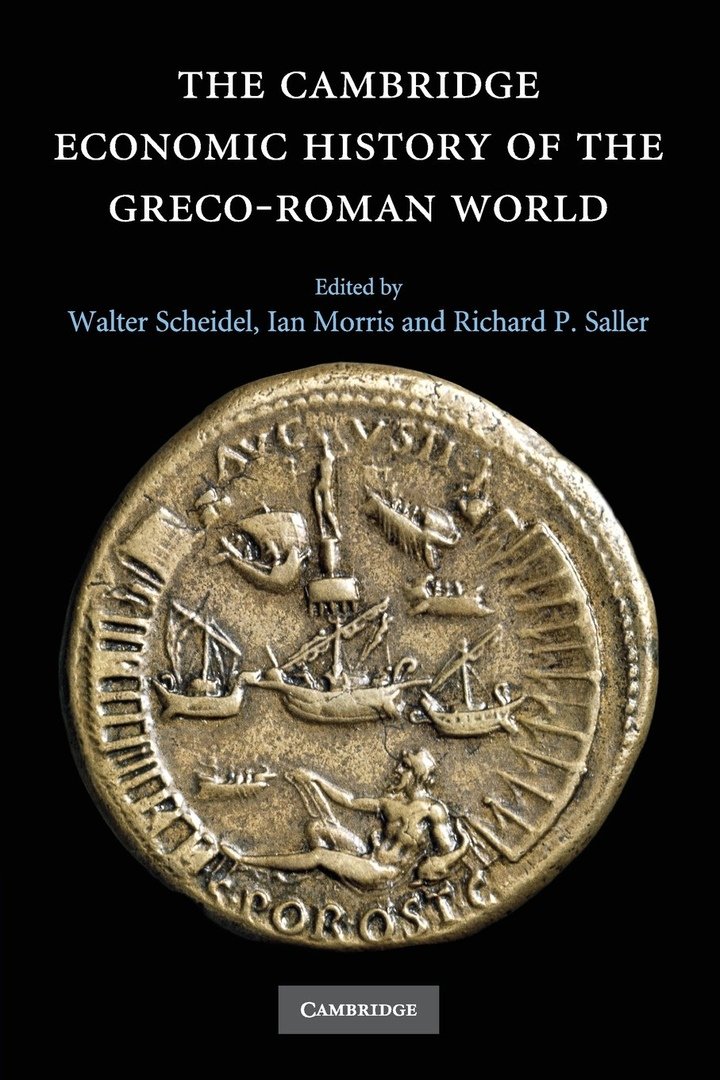 1 / 5
1 / 5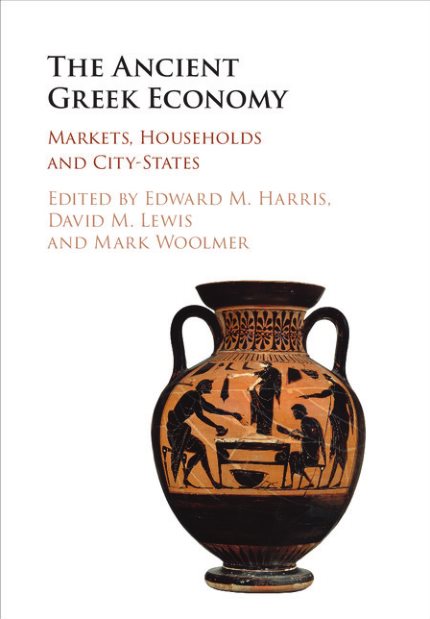 2 / 5
2 / 5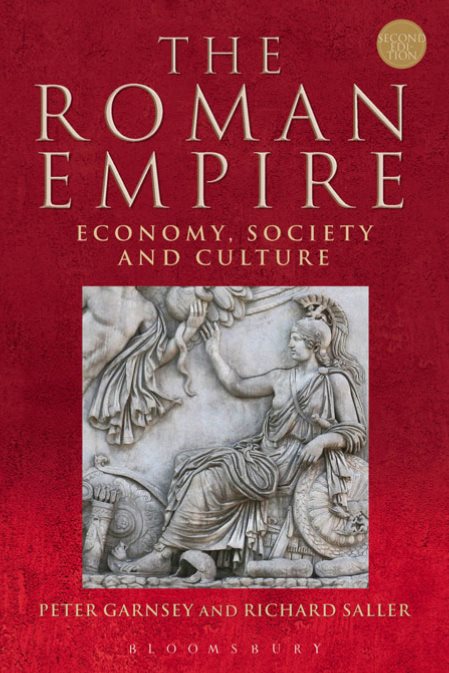 3 / 5
3 / 5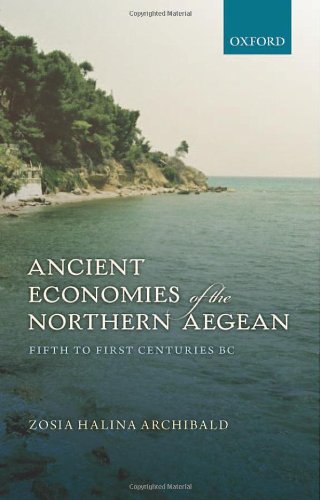 4 / 5
4 / 5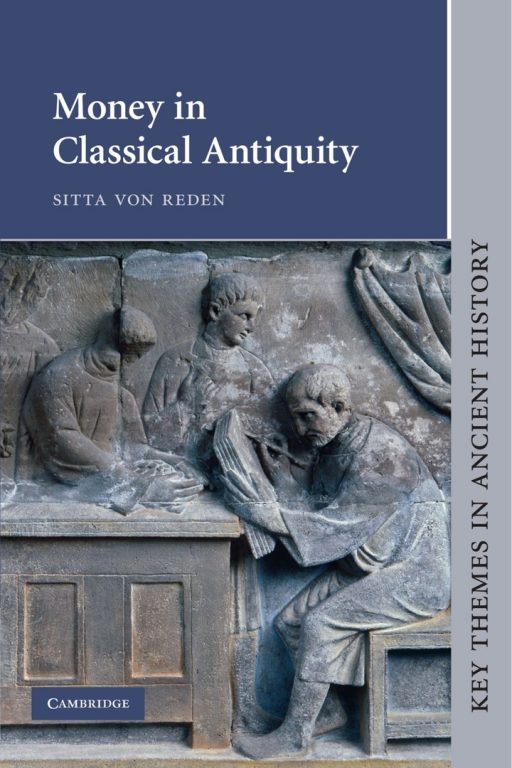 5 / 5
5 / 5